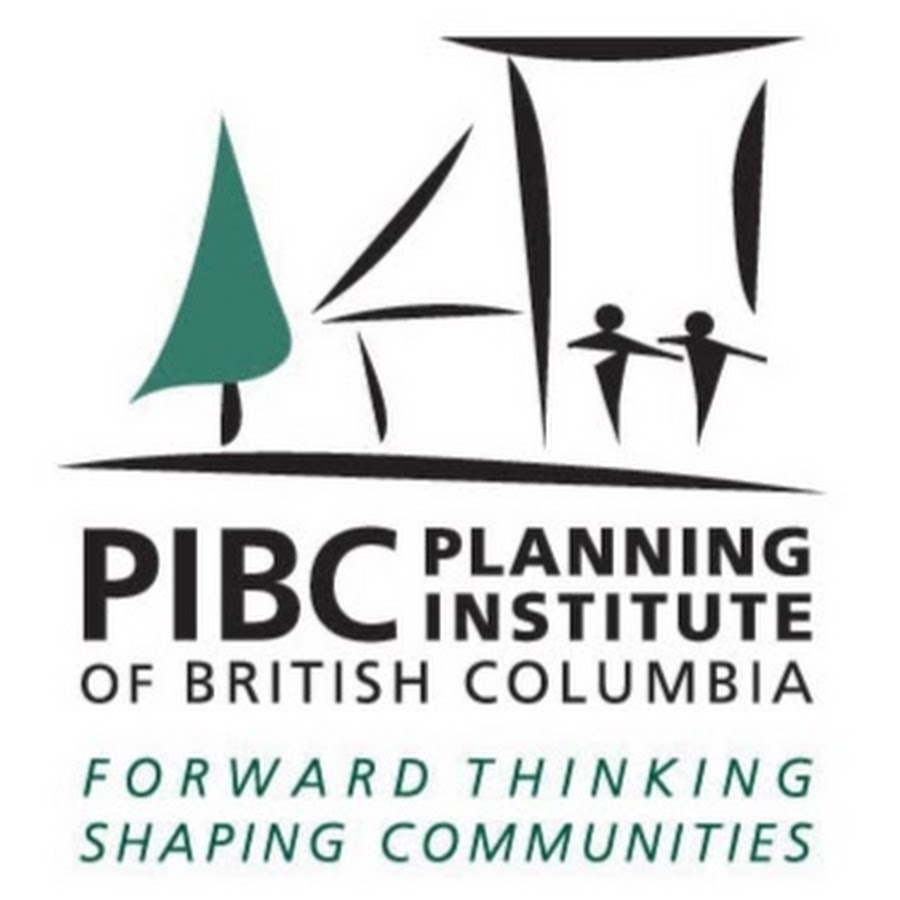PIBC's Planning Practice & Reconciliation Committee
The Planning Practice & Reconciliation Committee is a standing committee of the Board and is responsible for acting as representatives of the Institute and the planning profession in BC and Yukon to seek truth, to assist in the active decolonization of planning practices in BC and Yukon, and to support members in advancing this work.
Position and Commitment Statement
The Planning Practice and Reconciliation Committee (PPRC) was formed by the PIBC Board to “develop and recommend relevant and achievable strategies and actions for PIBC to respond to outcomes from the Truth and Reconciliation Commission’s (TRC) Final Report and the Final report of the National Inquiry into Missing and Murdered Indigenous Women and Girls (MMIWG).”
The PPRC will work towards reconciliation which is defined by the TRC as “establishing and maintaining a mutually respectful relationship between Aboriginal and non-Aboriginal peoples in this country.” Our work will require us (as guided by the TRC) to look within ourselves, our work, our professional organization, and our communities to:
- Become aware of past actions that the planning profession and professionals have taken that contribute to/perpetuate colonization of Indigenous peoples;
- Acknowledge the harm that has been inflicted by these actions;
- Atone for the causes; and
- Take action/make recommendations to PIBC for actions to change our behaviours.
The PPRC will continue, in perpetuity, to work toward reconciliation in planning and decolonization of PIBC, the planning profession and our practices as planners.
For more information:
- Click here to read Sa̱nala Planning's Phase 1 report - Exploring Pathways for Indigenous Planning Membership: Reflections and Recommendations
- Click here to read Planning West article - Unsettling Our Profession: PPRC Update (Summer 2024)
- Click here to read PPRC's most recent activities and deliverables (excerpt from current PIBC Annual Report)
- Click here to read Planning West article - PPRC Committee Update: 3 Years and Counting (Spring 2023)
- Click here to read Planning West article - Reflections on the Past & How We Move Forward (Summer 2022)
- Click here to read Planning West magazine - Indigenizing Planning issue (Spring 2021).
- Click here for PIBC's free webinars in honour of National Indigenous Peoples Day.
- Click here to read PIBC's statement on the Kamloops Residential School.
For other information about PIBC's PPRC, please contact Kelly Chan, PIBC Manager of Member Programs & Services.
Planning Practice & Reconciliation Committee members
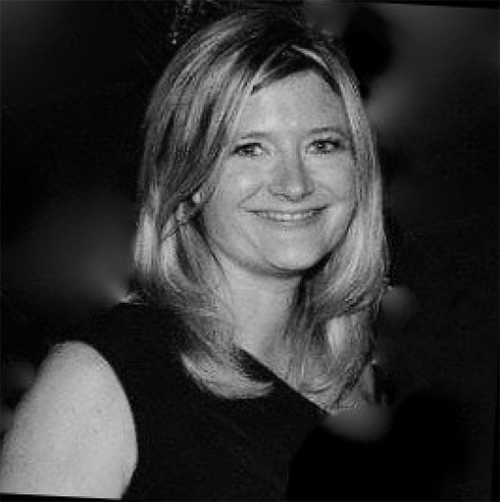 | Sarah Atkinson RPP, MCIP (Chair)Sarah lives on the unceded and ancestorial territory of the xʷməθkʷəy̓əm (Musqueam), Skwxwú7mesh (Squamish), and səlil̓ilw̓ətaʔɬ (Tsleil-Waututh) peoples. Sarah is committed to the work undertaken by the PPRC because she believes, as Canadians, we are not doing enough to repair colonialism's harmful effects, right the wrongs of the past, and decolonize ourselves and our institutions. She wants to be a part of this change in whatever small way she can as a planner and co-create a new planning relationship with First Nations colleagues that respects and is guided by Indigenous planning. |
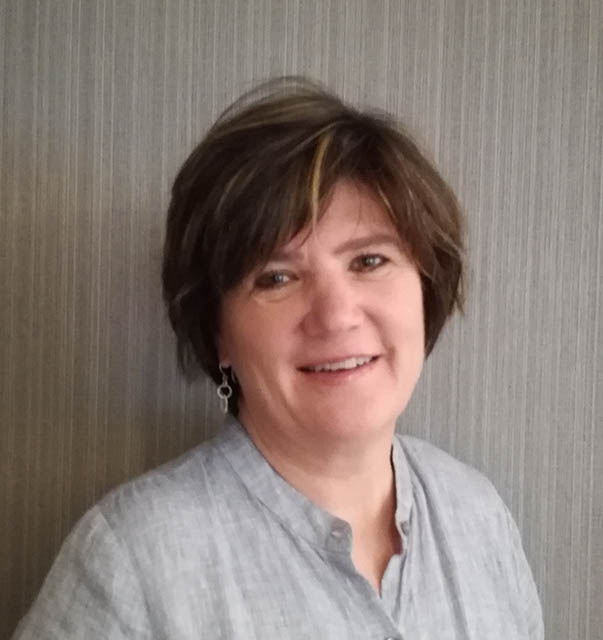
| Lesley Cabott RPP, FCIP |
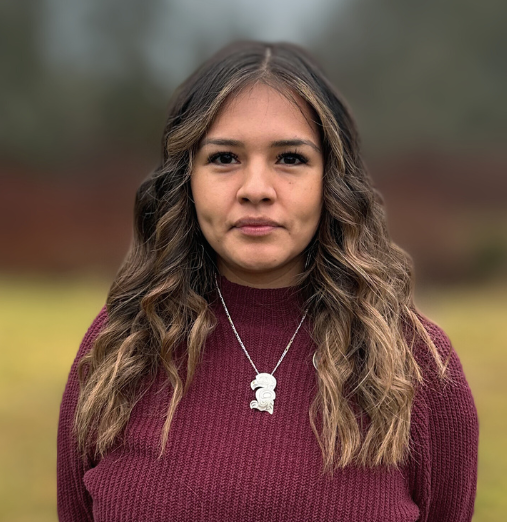 | Qwuy'um'aat ElliottAs a proud member of Cowichan Tribes, I bring a deep understanding of the connection between land, governance, and community. My expertise in Indigenous housing, planning, and policy is rooted in a commitment to ensuring that development reflects the values, needs, and self-determination of Indigenous peoples. I participate in this Committee with the teaching of Nuts’a’maat Shqwaluwun - working together with One Heart, One Mind, and One Spirit. Through Indigenous-led solutions, cultural humility, and snuw’uy’ulh (Cowichan teachings), I strive to converge Indigenous and Western systems to create meaningful, lasting change. |
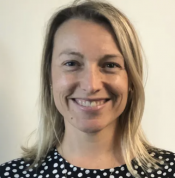
| Robyn Holme RPP, MCIPRobyn lives and works on the unceded traditional territory of the K’ómoks First Nation (KFN) in the Comox Valley on Vancouver Island, BC. Robyn has worked as a planner for over 15 years in local government, but has focused on regional planning policy for the last 7 years, working on projects ranging from coastal adaptation planning to indigenous relations. Robyn is committed to developing new planning practices that recognize reconciliation and UNDRIP in transformative and meaningful ways. |
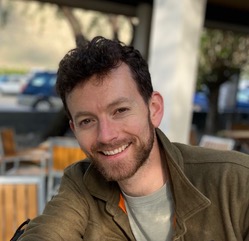
| Christopher LambChristopher respectfully acknowledges that he lives and works on the traditional, unceded territories of the sḵwx̱wú7mesh, səlilwətaɬ, and xʷməθkʷəy̓əm Nations. He comes from a research and teaching background in Geography and is currently a postdoctoral researcher at the School of Community and Regional Planning at UBC, where he continues to learn from Indigenous mentors and colleagues. Planning – as discipline concerned with land, place, space, and community – has some way to go in its journey of reconciliation with Indigenous Peoples. Christopher is committed to helping the PIBC along this journey in whatever small way he can. |
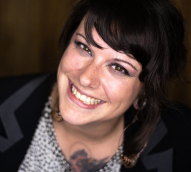
| Isha Matous-GibbsIsha grew up in the territory of the lək̓ʷəŋən People, and now lives in the unceded traditional territory of the K’ómoks First Nation (KFN). She is a Social Health and Well-being Planner with Urban Matters, proud graduate of the VIU Masters of Planning Program, and a UVic Alumni from the School of Public Health and Social Policy. Prior to planning, she worked on the front lines of homelessness in Victoria for 5 years. |
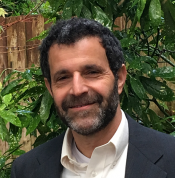
| Bob Sokol RPP, MCIPBob is honoured to live, work and recreate on the unceded, ancestral, traditional lands of the Skwxwú7mesh (Squamish), səlil̓ilw̓ətaʔɬ (Tsleil-Waututh), and xʷməθkʷəy̓əm (Musqueam) First Nations. He is a planner with over 25 years of municipal planning experience in the Portland, Seattle and Vancouver regions. One of the many exciting aspects of his most recent role as the Director of Planning and Capital Projects for the Squamish Nation is that Bob had to embrace the concept that he was an "outsider" to a much greater extent than at any other time in his career, with a need to listen and learn much from those in his community. While he feels he has much to share and contribute, he also feels he has even more to learn. Even in the limited time thus far working with the Skwxwú7mesh (Squamish) Nation, Bob has learned much about how the Indian Act, colonialism and the planning profession have shaped and continue to shape the lives of Indigenous people in BC. This knowledge, along with his experience as a planner, assists him in serving as a member of this Committee with the goal of guiding PIBC's response to the report of the Truth and Reconciliation Commission and the National Inquiry into Missing and Murdered Indigenous Women and Girls. |
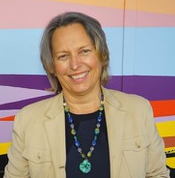 | Mary Tasi RPP, MCIPI am grateful to be a settler on these ancestral and unceded territories of the xʷməθkʷəy̓əm (Musqueam), Sḵwx̱wú7mesh (Squamish), and səlil̓ilw̓ətaʔɬ (Tsleil-Waututh) Nations, and honoured to work in collaboration with Indigenous peoples towards correcting the stories and practices that erase Indigenous knowledge, lands and history. I have been honoured to be invited into Indigenous communities in BC, Alberta and Hawaii, for many years to learn, listen and grow. During my several years as a Provincial School Trustee for North Vancouver, I have also seen positive outcomes for all when the vast and complex values of ancestral Indigenous knowledge are embedded into academic curriculums. As an urban planner, I have seen the immense benefits to communities of co-design with Indigenous colleagues from the beginning of the land planning process. As a result, I am participating in the PPRC to help create space, pathways and processes for Indigenous planners to become full members of CIP/PIBC. |


